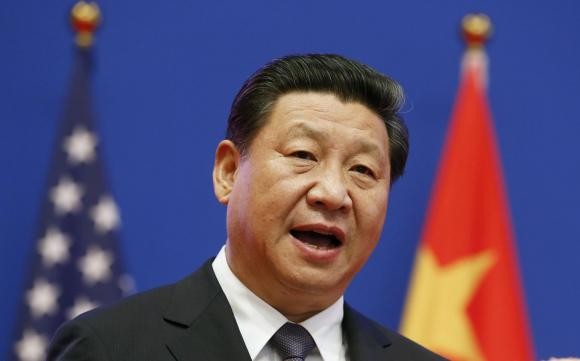President Xi Jinping may be heading the second largest economy of the world, but he is not getting paid more than his peers.
The Chinese president just earned a 62-percent increase on his salary, but compared to what other world leaders earn, he is getting a paltry sum.
Xi just earned the said increase on his paycheck that amounts to about $22,000 yearly. U.S. President Barack Obama is getting nearly 20 times more than this amount yearly ($400,000 a year, excluding the extras of $50,000 for annual expenses, $19,000 for entertainment, and $100,000 for travel costs). This difference is obvious in spite of the fact that the size of the American and Chinese economies are not far from each other.
Prime Minister Lee Hsien of Singapore earns an annual salary of $1.8 million, which caught the flak of his countrymen. He took a 32-percent pay cut back in 2012 as a result. Still, Xi's current salary could not hold a match against these leaders' salaries.
The president is not the only one with a pay hike. The Chinese government also provided the civil servants with raises, retroactive to Oct. 1. The lowest-ranked civil servants now enjoy more than double of their salaries to 1,320 yuan. The announcement also said that civil service salaries would be reviewed every year, or every two years.
The concerns over low compensation were first raised back in 2006, when trends show increasing number of public officials leaving their posts because of low pay. Last year, only 900 took the civil service test, which was the lowest in five years--a testament to how averse citizens are to having government-related occupations.
Ironically, just as they got an increase on their salaries, there was a mandate last week that civil servants and those working for public institutions will now have to contribute to their pension plans. This was designed to make public and private workers equally accountable for their pensions.



























